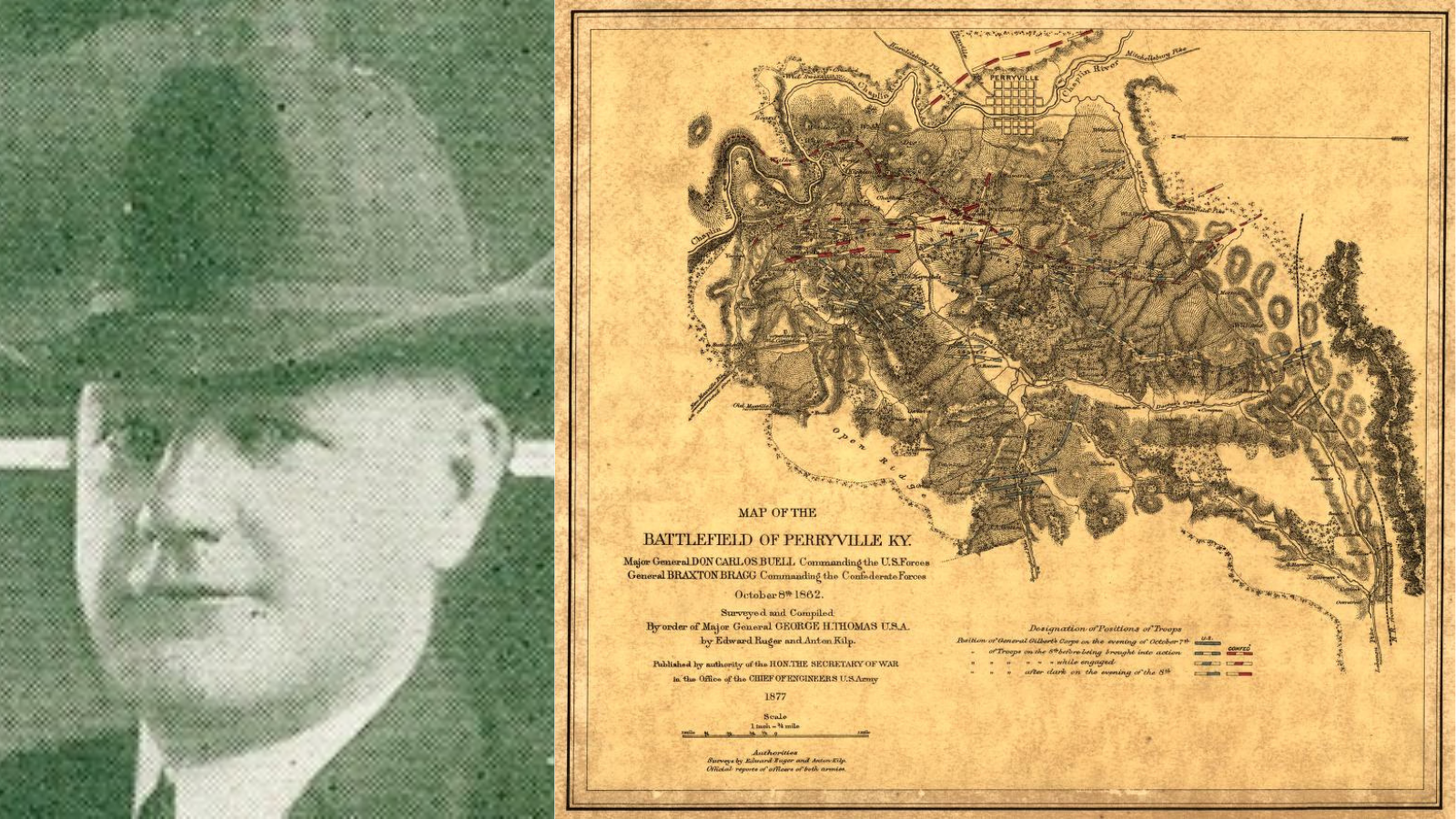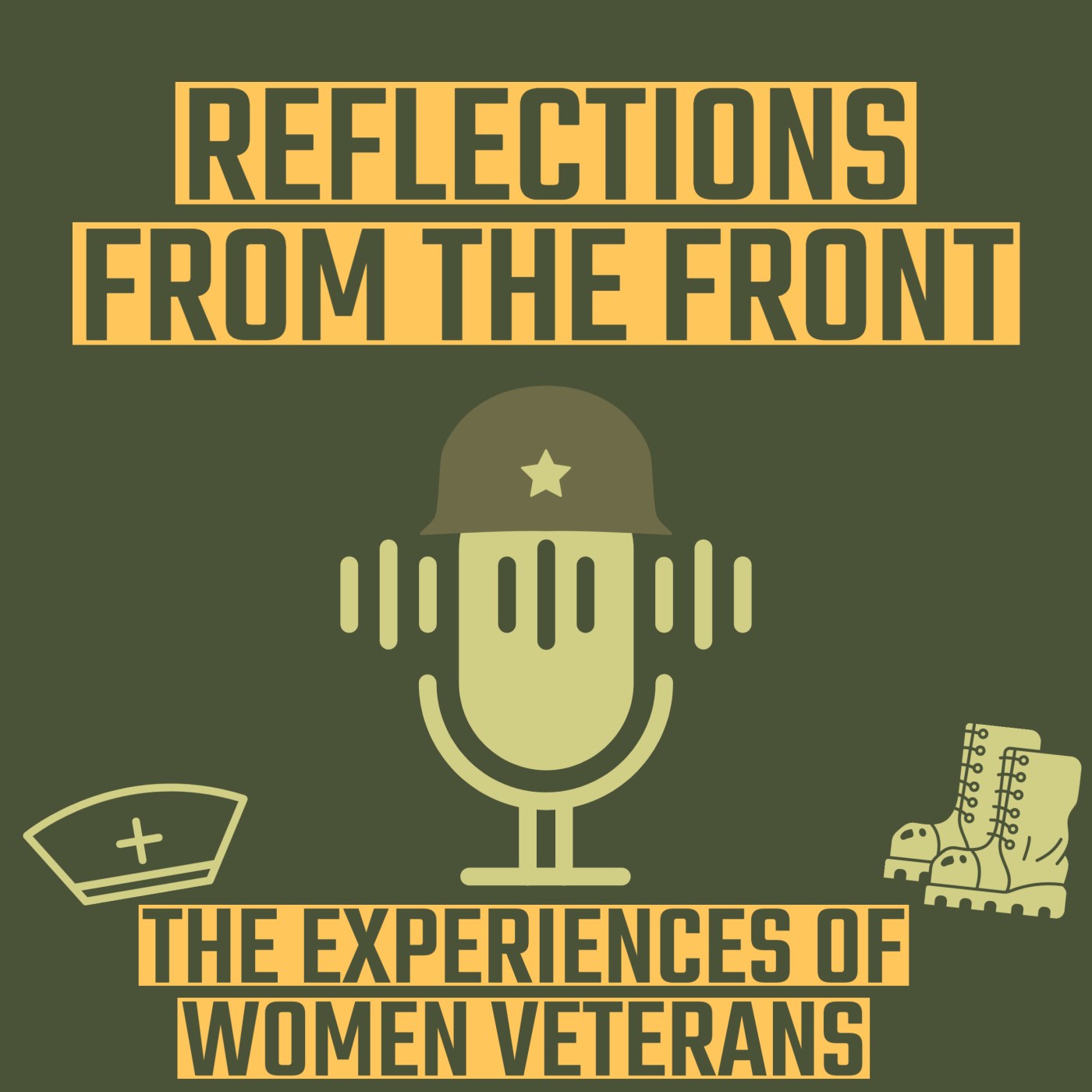
Women have been a vital part of our Nation’s military from the very beginning. Although they were not able to serve in an official capacity until the twentieth century, women have always found ways to assist war efforts.
From washing clothes and preparing meals in the Revolutionary War, to advancing the standards and practice of nursing in the Civil War and Spanish American War, culminating in the creation of the U.S. Army Nurse Corps in 1901. Women continued to break barriers in World War One with the formation of the Yeomanettes in the Navy and new positions in the U.S. Signal Corps. World War Two expanded roles for women even further with the establishment of the Women’s Army Corps (WACS), Women Airforce Service Pilots (WASPS), Women Accepted for Volunteer Emergency Services (WAVES) and The U.S. Coast Guard Women’s Reserve (SPARS) drawing 350,000 to service.
In 1948, the Women’s Armed Services Integration Act officially allowed women to serve as members of all branches of the Armed Forces. Women steadily became an integral part of military operations with 11,000 deployed during the Vietnam War. In the years following Vietnam, women saw increased combat in various capacities. This was further solidified in 2013, when then Secretary of Defense Leon Panetta lifted the ban on women in combat.
Today, women make up a much greater share of the active-duty military than they have at any time in U.S. history. This would not be possible without the dedication and perseverance of those brave women who came before.
Reflections from the Front: The Experiences of Women Veterans is a podcast that grew out of interviews Parker Beverly, Virtual Student Federal Service (VSFS)-VA History Office (VAHO) intern, conducted with women Veterans in the Fall of 2021 and Spring of 2022, with production and technical assistance provided by fellow VSFS-VAHO intern Hannah Nelson. Each episode focuses on the military career of a different woman, with some serving overseas in Vietnam or the Pacific during World War Two, while others served on the home front. Despite having varying experiences, the women all showed incredible resolve in the face of adversity. This podcast aims to shed light on the stories of women Veterans who paved the way for future generations of women in the military.
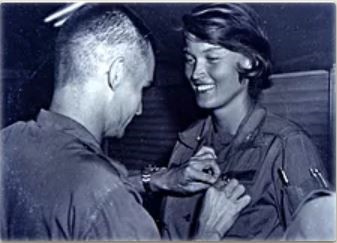
Episodes include interviews with:
- Phyllis Benson (WWII Veteran and Army Nurse)
- Colonel Margarethe “Grethe” Cammermeyer (Vietnam Veteran, Army Nurse, and gay rights activist)
- Suellen Hudson (Veteran, U.S. Navy)
- Virginia Willard (Vietnam Veteran, Army nurse)
Reflections from the Front is a part of the VA Podcast Network and can be found on all major podcast platforms including iTunes, Spotify, and Google Podcasts as well as right here on the VA History Website.
By Katie Rories
Historian, Veterans Health Administration
Share this story
Related Stories
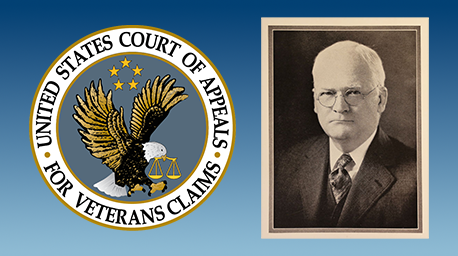
Featured Stories
A Brief History of the Board of Veterans’ Appeals
On July 28, 1933, President Franklin Delano Roosevelt signed Executive Order 6230 creating the Board of Veterans’ Appeals (BVA). The BVA was created as part of the Veterans Administration (VA), which had been established only three years earlier.
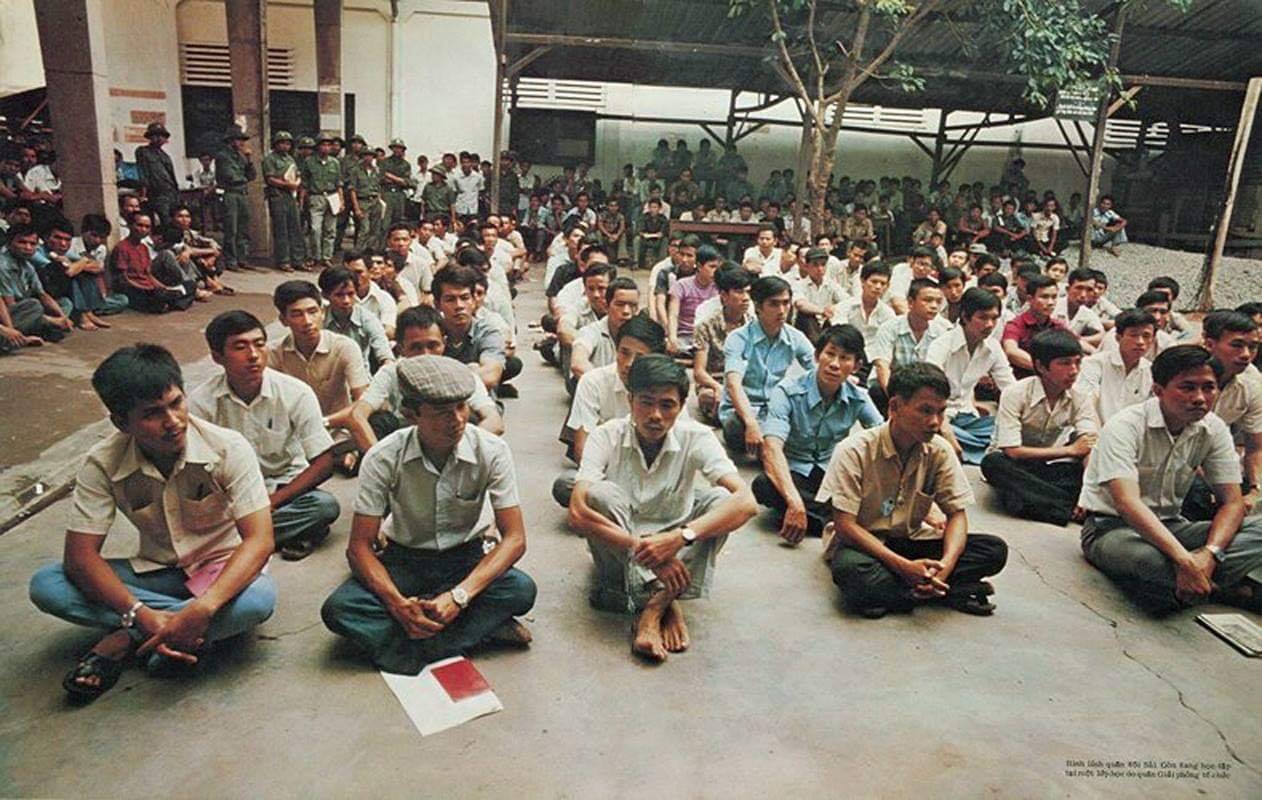
Featured Stories
The Fall of Saigon 1975: A South Vietnamese Military Physician Remembers
"There was chaos in the streets when I made my way to the hospital on the morning of April 30, 1975. In a place of order, there was now great confusion. The director and vice director of the hospital were gone, making me, the chief of medicine, the highest-ranking medical officer."


